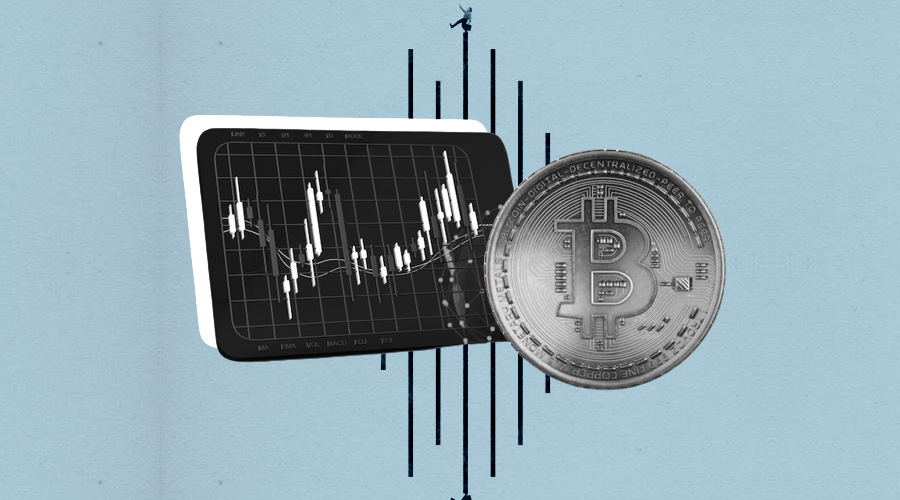 Unveiling the intricate correlation between crypto assets and the global stock market dynamics
Unveiling the intricate correlation between crypto assets and the global stock market dynamics
In the ever-evolving finance landscape, the correlation between crypto assets and the global stock market has become a subject of great interest. As cryptocurrencies, such as Bitcoin and Ethereum, have risen to prominence, it has become crucial to understand how these digital assets intertwine with the traditional stock market. This article delves into the intricate dynamics and interplay between the two realms, exploring the factors contributing to their correlation.
We uncover the fascinating relationship between crypto assets and the stock market by examining investor sentiment, macroeconomic variables, and risk perception. Understanding this correlation can provide valuable insights for investors seeking to optimize their portfolios and navigate the complexities of the financial world. Additionally, we explore the implications of regulatory factors and their influence on investor confidence.
Join us as we unravel the correlation between crypto assets and the global stock market, shedding light on the interconnectedness of these two vital components of the modern financial landscape.
The Rise of Crypto Assets
Cryptocurrencies, such as Bitcoin, Ethereum, and Litecoin, have emerged as prominent players in the financial industry. These digital assets, built on blockchain technology, offer decentralized and secure transaction methods. The rise of cryptocurrencies has attracted significant attention from investors, businesses, and even governments worldwide.
The Global Stock Market
The global stock market is a hub for investors seeking opportunities to grow their wealth. It encompasses various financial instruments, including stocks, bonds, and commodities. Stock exchanges worldwide, such as the New York Stock Exchange (NYSE) and the London Stock Exchange (LSE), facilitate trading these assets.
Interplay Between Crypto Assets and the Stock Market
Investor Sentiment: Investor sentiment contributes to the correlation between crypto assets and the stock market. When investor confidence is high, it tends to affect both markets positively. Conversely, during periods of uncertainty or market volatility, we often observe a negative impact on crypto assets and traditional stocks.
Macro Factors: Another factor influencing the correlation is the presence of macroeconomic variables. Economic indicators like inflation rates, interest rates, and geopolitical events can impact crypto assets and the stock market. For instance, a sudden interest rate hike might lead to a decline in both markets as investors reassess their risk appetite.
Risk Perception: Risk perception also influences the correlation between crypto assets and the stock market. As cryptocurrencies are relatively new and considered more volatile, investors often view them as higher-risk investments. During periods of market instability, investors may seek safer havens, such as traditional stocks, causing a temporary decoupling between the two markets.
Market Integration and Diversification
While there is a correlation between crypto assets and the global stock market, it is crucial to note that both markets retain their unique characteristics and behaviors. Investors can utilize this correlation to their advantage by employing effective diversification strategies.
Portfolio Diversification: By combining crypto assets and traditional stocks, investors can spread risk across different asset classes. This approach helps mitigate the impact of market fluctuations and reduces exposure to a single market’s performance.
Market Insights: Analyzing the correlation between crypto assets and the stock market can provide valuable insights into market trends. Understanding how one call affects the other can help investors make more informed decisions and adapt their strategies accordingly.
Regulatory Factors and Investor Confidence
Regulatory developments significantly influence the correlation between crypto assets and the global stock market. Government regulations and policies can impact investor confidence, market liquidity, and overall cryptocurrency sentiment. As regulators establish more explicit frameworks and guidelines for the crypto industry, the correlation between crypto assets and traditional stocks may evolve.




